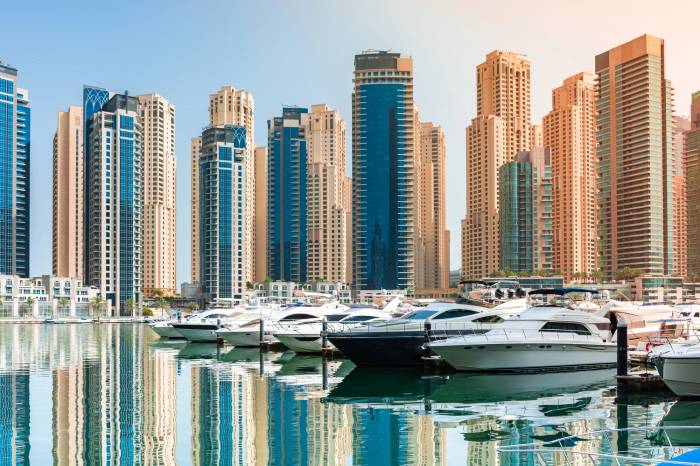Wine Industry Broadens Reach in Middle East as Everyday Demand Rises
Shift from luxury focus to diverse consumer base reshapes strategies, with Dubai emerging as a key regional hub for growth
2025-10-08

Companies in the wine and beverage sector are expanding their strategies in the Middle East, moving beyond a focus on the region’s wealthiest consumers. Industry leaders say that while high-income buyers remain important, there is a growing base of residents—both local and expatriate—who seek wines for everyday use. This shift is helping companies build more stable and lasting commercial relationships across the Gulf.
In cities like Dubai and Riyadh, luxury consumption is often associated with yachts, exclusive watches, and high-end vehicles. However, this image does not reflect the entire market. Many foreign residents live in these cities year-round and look for wines that are moderate in both price and style. Unlike luxury visitors who stay only a few days, these residents create steady demand for mid-range wines that offer good value.
Wineries operating in the region report that their approach now includes working closely with restaurants and retailers whose customers appreciate wine for its quality rather than just its price tag. Executives warn that focusing only on the wealthiest segment can threaten a brand’s long-term presence. To address this, many companies have launched educational programs in Gulf countries to share information about their wines’ history and production methods. These efforts aim to foster a stronger wine culture among local consumers.
Dubai has become a central hub for these new strategies. The city hosts local sales teams and limited-edition product launches, highlighting its growing importance in the regional market. In recent years, several wineries have chosen Dubai as one of the few locations outside Europe to debut new vintages, signaling their commitment to strengthening their position in the Middle East.
The region’s markets remain diverse, with significant differences between countries. In some places, such as Dubai, social media and digital advertising are widely used to promote wines. In others, these tools are less developed. Each country has its own regulatory framework and commercial conditions, making it impossible to apply a single model across the region.
In Ras Al Khaimah, retail sales still dominate, but the hospitality sector is beginning to play a larger role as new hotels and restaurants open. In Abu Dhabi, there are more local alcohol licenses than in Dubai, though recent tax changes could affect this balance in the future.
Economic growth and evolving regulations are changing how wine is consumed throughout the Middle East. Wineries looking to expand in the region are diversifying their portfolios to include both affordable and premium options. This approach allows them to meet the needs of an increasingly varied audience in a market that continues to evolve rapidly.
Founded in 2007, Vinetur® is a registered trademark of VGSC S.L. with a long history in the wine industry.
VGSC, S.L. with VAT number B70255591 is a spanish company legally registered in the Commercial Register of the city of Santiago de Compostela, with registration number: Bulletin 181, Reference 356049 in Volume 13, Page 107, Section 6, Sheet 45028, Entry 2.
Email: [email protected]
Headquarters and offices located in Vilagarcia de Arousa, Spain.